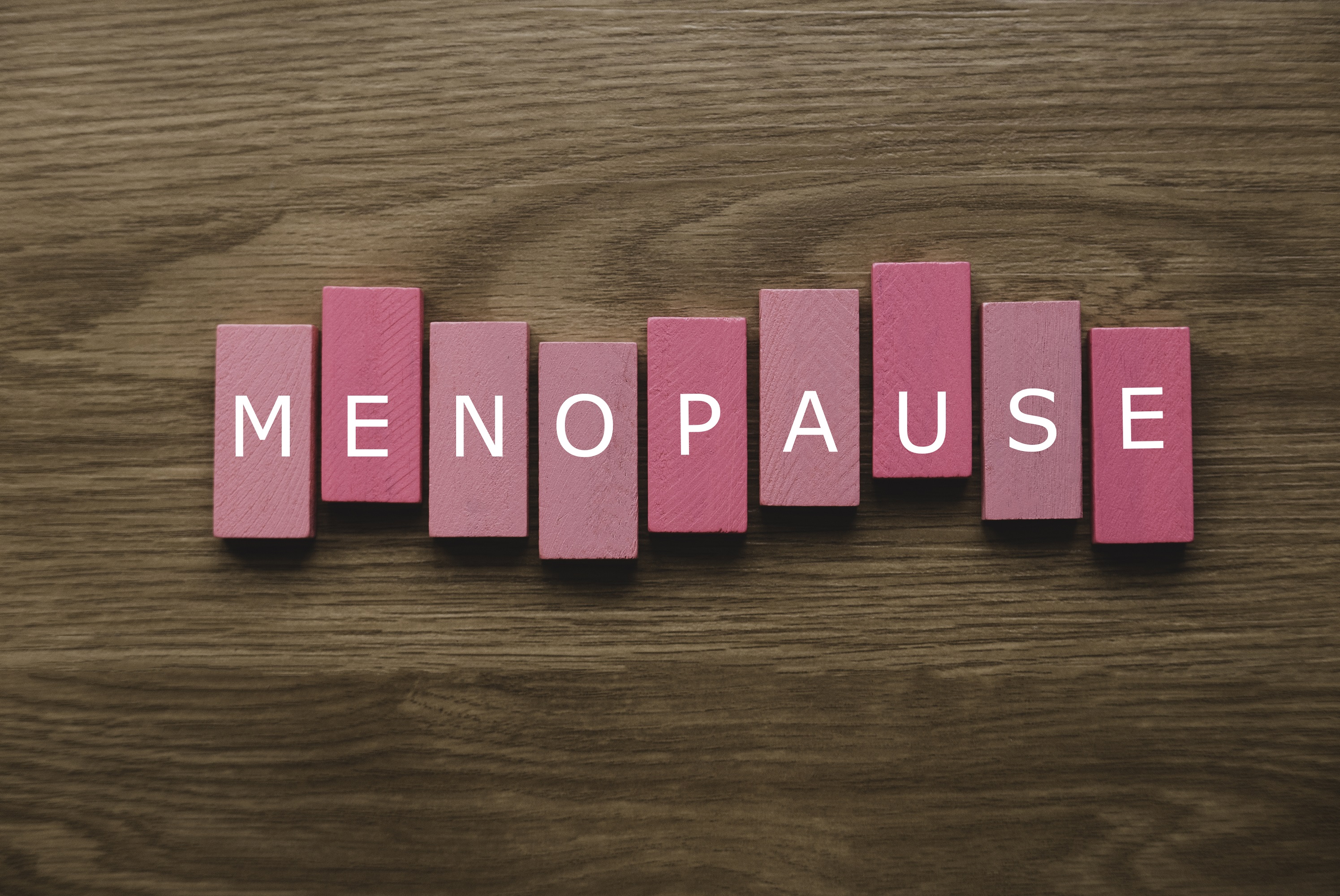How Early Can You Go Through Menopause?

June 21, 2022
On average, women in the U.S. go through menopause around age 51 or 52. But about five percent of women experience menopause early, before age 45. And one percent of women experience menopause before age 40.
“When a woman does not have menstrual periods for 12 months, she enters menopause,” says Steven A Morgan, M.D., an OB/GYN practicing in Brick and Ocean Township. “At that point, a woman is no longer able to become pregnant, because she stops ovulating – her ovaries stop releasing eggs. Women may experience symptoms like hot flashes and vaginal dryness, because their bodies are producing fewer hormones, most notably estrogen.”
There are a variety of reasons why some women go through menopause early. Often, the change is linked to health conditions.
Surgery may cause early menopause
Certain procedures to a woman’s reproductive organs may put her in early menopause. For example:
- Oophorectomy (ovary removal): If a woman has her ovaries surgically removed, the procedure puts her in menopause, since the ovaries will be unable to produce hormones or release eggs.
- Hysterectomy (uterus removal): If a woman has her uterus removed – a hysterectomy – she’ll go into menopause if her ovaries are removed along with the uterus.
- If a woman has a hysterctomy but her ovaries are not removed, she won’t be able to become pregnant or have menstrual periods anymore, but the procedure won’t put her in menopause, because her ovaries can still produce hormones. Many women who have hysterectomy without ovary removal go into menopause a year or two earlier than expected.
Cancer treatments may cause early menopause
Some cancer treatments may lead to early menopause. For example:
- Certain chemotherapy drugs may harm the ovaries, which may make them stop releasing eggs. The change may be temporary or permanent. If the change is permanent, it’s considered early menopause.
- Some women may need radiation therapy to the pelvic region, depending upon the location of their cancer. If radiation treatments harm a woman’s ovaries so they stop working properly, the cancer treatments may put the woman into early menopause.
- If a woman needs to have her ovaries surgically removed as part of her cancer treatment, the procedure will put her into early menopause.
It is important to note that not all women of childbearing age who undergo cancer treatments experience early menopause. And some women experience a temporary absence of menstrual periods during treatments, but their periods may resume later.
A variety of conditions may be linked to early menopause
Women with the following health conditions may be at increased risk of early menopause:
- Thyroid disease
- Rheumatoid arthritis
- Crohn’s disease
- Ulcerative colitis
- Graves’ disease
- Turner syndrome
- Fragile X syndrome
- Chronic fatigue syndrome
- HIV/AIDS
- Mumps
Other factors may increase a woman’s risk of early menopause, such as:
- Smoking
- Having a family history of early menopause
At what age may women experience early menopause?
The exact age when a woman may go into early menopause varies by the individual. It may be linked to a woman’s specific diagnosis and treatment, which may happen at any age.
If you begin noticing signs that may suggest perimenopause (the transition stage leading up to menopause), talk to your doctor. Signs include:
- Irregular menstrual periods
- Hot flashes
- Vaginal dryness
- Night sweats
- Trouble sleeping
- More frequent urges to pee
- Mood swings, depression or anxiety
- Tender breasts
- Headaches
- Lowered libido
- Brain fog or temporary forgetfulness
- Weight gain
- Heart palpitations or racing
- Changes to hair and skin texture
If you’re diagnosed with early menopause, your doctor may prescribe hormone therapy to help alleviate symptoms. However, hormone therapy isn’t right for everyone.
Other treatments are available that may be a better fit for your circumstances, including antidepressants or vaginal lubricants. By talking about your symptoms and your goals with your doctor, you should be able to figure out a solution together.
Next Steps & Resources:
- Meet our source: Steven A Morgan, M.D.
- To make an appointment with Dr. Morgan, or a doctor near you, call 800-822-8905 or visit our website.
The material provided through HealthU is intended to be used as general information only and should not replace the advice of your physician. Always consult your physician for individual care.
Find a doctor near me
Clinical Contributors
Surgery Makes All the Difference for 55-year-old Woman With Pelvic Organ Prolapse

Surgery gives Maria Chludzinski confidence and relief after suffering for years from pelvic organ prolapse and an overactive bladder.
The Doctor Appointments Women Should Make Every Year

Women are known to visit doctors more often than men do. But what doctors should women see annually to best stay on top of their health?
Find a doctor near me

New Jersey Woman Acts as Surrogate for Her Sister After Breast Cancer Treatment
Days after her breast cancer diagnosis, Lisa Mehler Ackermann worked with a reproductive specialist to make future plans for her family.

5 Symptoms You Should Tell Your Gynecologist About
Don’t ignore these concerning symptoms you should tell your gynecologist about.

Get Screened for Cervical Cancer
According to the Centers for Disease Control, about 90 percent of cervical cancer cases are caused by HPV.

6 Ways to Treat Bladder Leakage
Treat bladder leakage. Explore 6 treatment options, including lifestyle changes, exercises, medication, and procedures. Find relief today.

